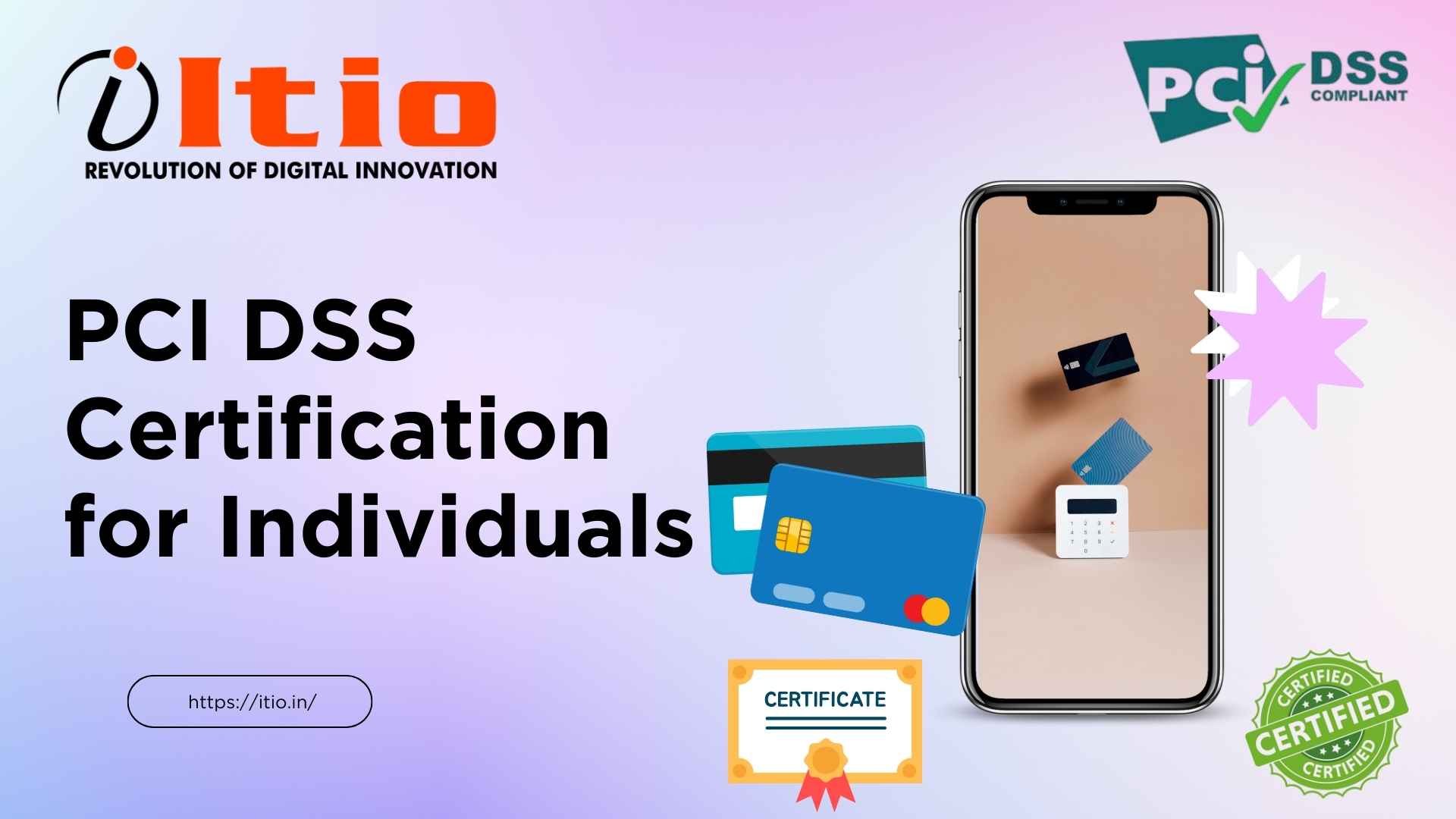Our Blogs
The Critical Role of Cybersecurity in Fintech: How White-Label Payment Gateways Keep Financial Data Safe
.png)
In today's digital era, where online payments and financial transactions are the norm, safeguarding sensitive financial data is more critical than ever. Fintech (financial technology) companies offering digital services are prime targets for cyber threats such as hacking, fraud, and phishing attacks. A single data breach can result in severe financial losses, legal consequences, and reputational damage.
This blog explores why cybersecurity in finance technology is essential and how white-label payment gateways play a vital role in protecting financial data.
What is Cybersecurity in Finance Technology?
Cybersecurity in fintech refers to the tools, technologies, and practices used to protect financial data and online transactions from cybercriminals. With millions of users relying on digital payments daily, fintech companies must implement comprehensive security measures to safeguard user data.
Common Cybersecurity Threats in Fintech
- Data Breaches: Unauthorized access to customer data leading to identity theft and fraud.
- Phishing Scams: Fraudulent emails or messages trick users into sharing sensitive credentials.
- Malware & Ransomware: Malicious software disrupting operations and stealing financial data.
- Regulatory Non-compliance: Failing to adhere to security standards can result in hefty penalties.
How White-Label Payment Gateways Improve Cybersecurity
A white-label payment gateway is a third-party payment processor rebranded under a fintech company’s name. These gateways handle sensitive financial transactions, making advanced security protocols a necessity.
Key Security Features of White-Label Payment Gateways
1. Data Encryption and Tokenization
- Encryption: Secures data in transit and prevents unauthorized access.
- Tokenization: Replaces sensitive information with randomized codes, reducing exposure to breaches.
2. PCI-DSS Compliance
- Payment Card Industry Data Security Standard (PCI-DSS): Ensures the secure processing of payment card data.
- Compliance: White-label gateways meet these standards, offering peace of mind for users and businesses.
3. Fraud Prevention Tools
- AI-Powered Detection: Monitors for suspicious activity in real-time.
- Automated Alerts: Help intercept fraud before it escalates.
4. Strong Authentication & Authorization
- Multi-Factor Authentication (MFA): Adds layers of security through OTPs, biometrics, etc.
- Role-Based Access Control: Limits access to sensitive data based on user roles.
5. Regulatory Compliance
- Adherence to GDPR, CCPA: Ensures customer data is handled responsibly.
- Risk Management Frameworks: Identify and prevent potential cyber threats.
Best Practices for Cybersecurity in Fintech
To enhance protection, fintech companies using white-label payment gateways should adopt the following best practices:
1. Implement Strong Security Policies
- Regularly update policies to address emerging threats.
- Conduct ongoing employee training on cyber hygiene.
2. Real-Time Transaction Monitoring
- Use AI-driven tools to flag abnormal transactions.
- Enable instant alerts for suspicious payment activities.
3. Conduct Regular Security Audits
- Perform routine audits to identify vulnerabilities.
- Fix security loopholes proactively.
4. Enhance User Authentication
- Use biometrics and one-time passwords for secure logins.
- Apply tokenization to protect sensitive payment data.
5. Adopt a Zero-Trust Security Model
- Always verify user identities before granting access.
- Minimize access to financial systems based on necessity.
Conclusion
As finance technology continues to grow, so do the risks. Fintech companies must prioritize cybersecurity to protect users and remain competitive.
White-label payment gateways are powerful tools that offer enhanced security features such as encryption, fraud detection, and regulatory compliance. When implemented correctly, these gateways enable fintech businesses to:
- Secure financial transactions
- Build consumer trust
- Meet evolving regulatory demands
In today's fast-paced digital economy, investing in cybersecurity is not just necessary—it's a strategic advantage. By embracing robust security protocols, fintech companies can confidently navigate the digital future and deliver seamless, secure financial experiences to their users.







